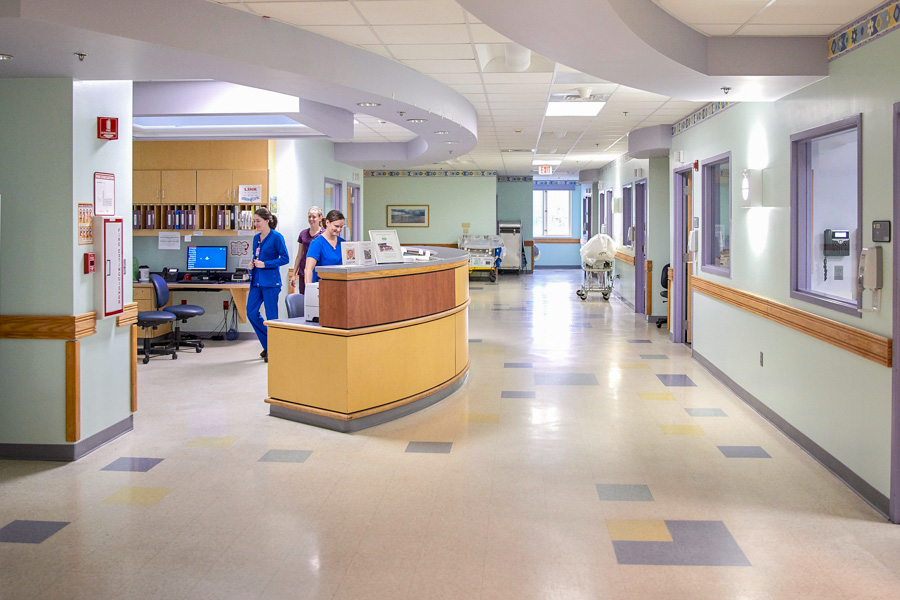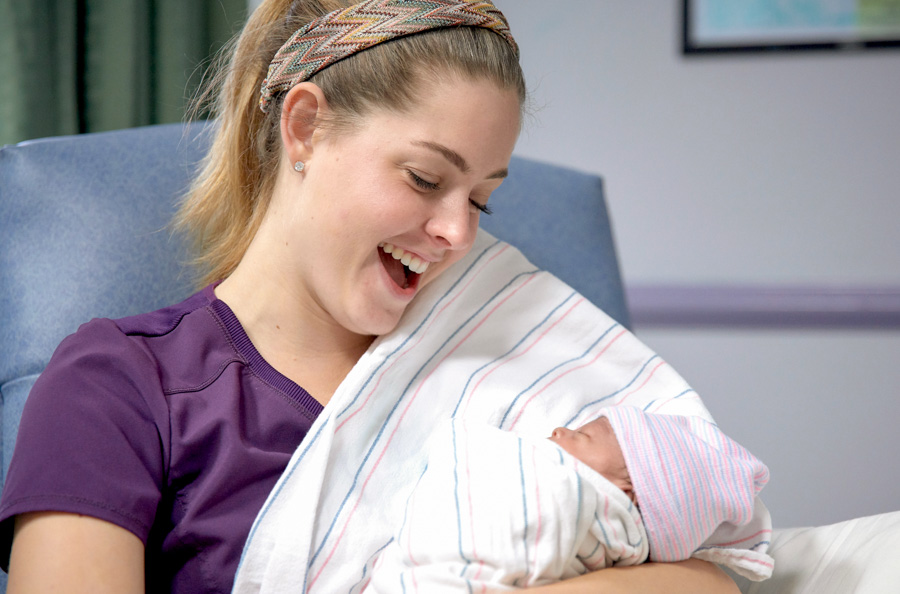
Critically ill babies fighting for their lives will now benefit from the services of Florida State University’s world-renowned Medical Music Therapy program even after they leave the hospital’s neonatal intensive care unit.
Expanded music therapy services start this month thanks to funding provided by an FSU Dance Marathon grant to FSU’s College of Medicine Neonatal Intensive Care Unit (NICU) at Tallahassee Memorial HealthCare.
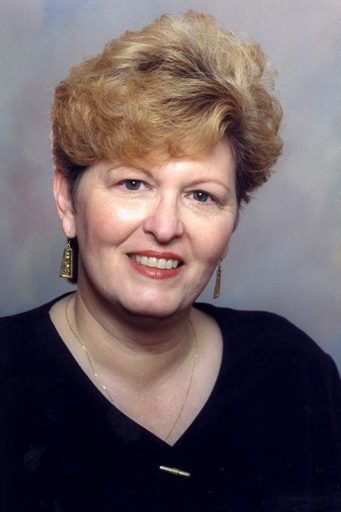
College of Music Professor Jayne Standley, who’s credited with originally incorporating music therapy in NICUs, said the expansion of services to families’ homes coincides with the 20th anniversary of FSU’s groundbreaking music therapy research.
“FSU Dance Marathon does a phenomenal job of raising money for children’s medical services,” Standley said. “The fundraiser sends money to the FSU College of Medicine, which awards a portion to FSU’s Medical Music Therapy program.
“It’s a very productive partnership between the College of Music and TMH. The hospital gets cutting-edge medical music therapy for patients, and FSU gets research and training opportunities for students who are some of the most sought-after graduates in the nation.”
Now, Standley is looking ahead to help a new generation of infants with additional services to ensure they continue to thrive at home. The FSU-TMH partnership is hiring a music therapist to work with babies in their homes to facilitate the significant transition from the NICU to a new environment.
“Premature babies have to feed quite often, and they’re often irritable,” Standley said. “The new therapist will go into the home and use music and also teach parents how to use music to help soothe infants.”
The in-home music therapist will provide treatment for babies during their first six months when their lungs are still immature because it’s dangerous for them to go into public. Once they reach that milestone, parents can bring infants back to TMH for additional music therapy focusing more on developmental delays.
Standley’s medical music therapy research has been shown to offer wide-ranging health benefits. It can help premature babies learn to feed sooner than infants who don’t get the therapy; it can teach them to breathe independently without a ventilator; it can lead to earlier discharges from hospitals; and it can improve infants’ brain development.
FSU alumna Ciele Gutierrez, who earned a master’s degree in music therapy and now works in the NICU at TMH, said she felt grateful to have discovered a career at Florida State that allows her to have such a positive daily impact on such fragile babies.
“Just think about it: We’re giving babies the gift of hearing music for the first time,” said Gutierrez, who arrived at FSU like many freshmen without a clear idea of a future career. “At that time, I never could have envisioned this would be my career, especially with this population of babies. It truly has been a blessing.”
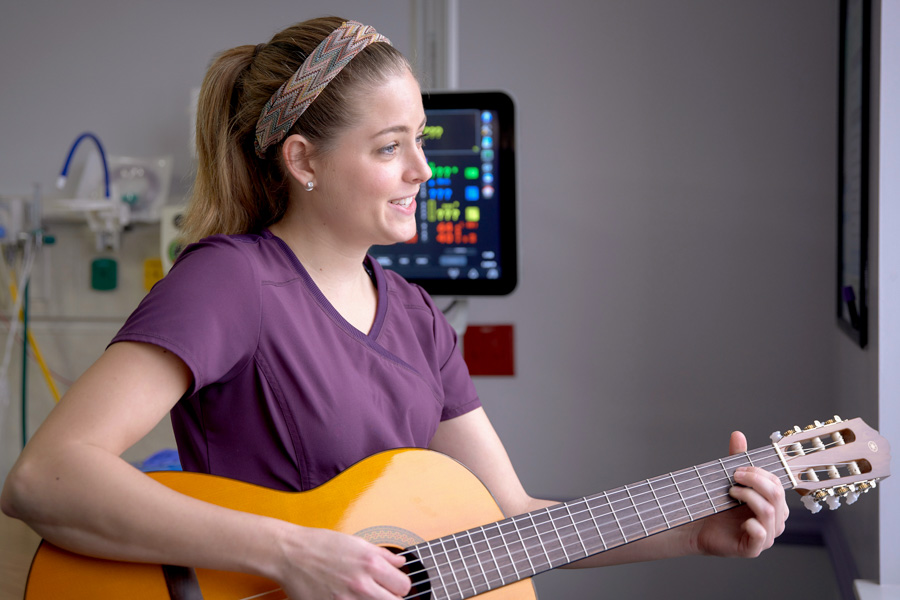
Florida State’s Medical Music Therapy program enrolls up to 150 students in bachelor’s, master’s and doctoral-degree programs each year.
Over the past 20 years, the program has trained hundreds of people who now work in major hospitals across the country. About 70 U.S. colleges and universities train students for careers as music therapists.
The program also has an international reach. Standley — a Robert O. Lawton Distinguished Professor, which is one of FSU’s top honors — has provided training in England, Denmark, Austria and Spain.
“Florida State Music Therapy, in partnership with TMH, were the origin of music therapy in the neonatal intensive care unit,” said Standley, who helped build the medical music-therapy field with her expertise as a researcher, inventor, author and teacher. “We also award a national professional certificate for completing the training.”
Standley helped launch the National Institute for Infant & Child Medical Music Therapy at Florida State in 2005. The institute oversees the quality of music therapy programs and ensures they follow all policies and techniques.
The procedures and equipment are based on Standley’s research, which emphasizes using live music in the NICU. One of the therapy’s key elements is to tailor the music, either sung or played, to the moment and the patient.
The therapists typically start their FSU careers as musicians in the College of Music and are trained to become medical music-therapy professionals. They are taught how to assess a baby’s specific situation in the NICU and respond to that context.
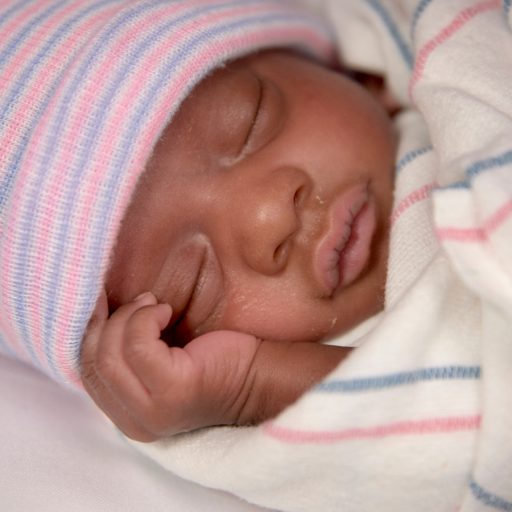
“It relates to how the brain processes music,” Standley said. “If I’m working with an infant who’s had a painful procedure and is distraught, then I need to change the music’s volume, tempo and style to help the baby feel calm and fall asleep.”
In that case, the therapy has an immediate impact, but it also provides lasting benefits.
As a preemie matures in the NICU, Standley said, the infant’s neurological system is wiring, and music therapy helps that process. Researchers have found the brain development of preterm babies happens faster with therapy, and they are able to go home days sooner compared to infants who don’t receive it.
The health benefits of Standley’s medical music therapy research are wide-ranging. It can help babies learn to breathe independently without a ventilator and also teach them to feed sooner.
Learning to eat is a big problem for babies born earlier than 34 weeks because their brains are not yet sophisticated enough to allow them to suck, swallow and breathe in a coordinated sequence. They are fed by tube, so they don’t know how to eat, or aren’t even interested in eating, and they cannot be discharged from the hospital until they can eat by mouth.
The dilemma prompted Standley to devise a creative potential solution, which she jokingly described as the “Magic Black Box.” The prototype was assembled with parts from Radio Shack and the expertise of an engineer. In testing, the device worked so well that FSU was able to commercialize it as the Pacifier Activated Lullaby, or PAL, and get FDA approval for the device as a method to teach feeding skills.
It worked like this: when a baby sucked on the PAL with enough power to simulate bottle or breast feeding, the pacifier would turn on music for 10 seconds and then cut it off. To play more music, the baby would have to suck again with a requisite level of power.
Researchers found babies would “work” to turn on the music. They would suck consistently to keep music playing, and within minutes they learned to feed.
“It was magical,” Standley said. “We were astonished that babies at 34 gestational weeks could so quickly learn this feeding skill with reinforcement from music and that it transferred immediately to an actual feeding intervention. The babies were discharged almost immediately after a 30-minute intervention with a PAL.”
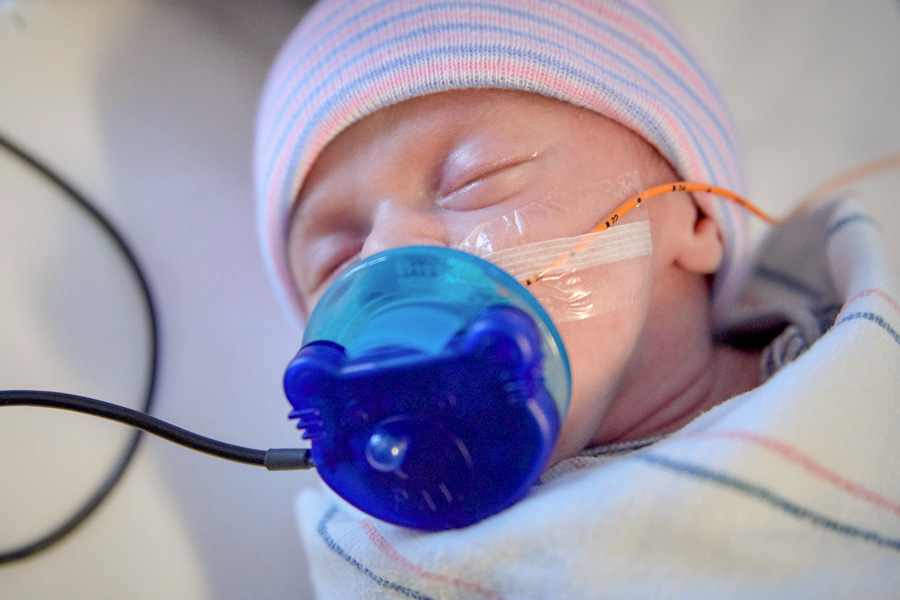
Standley and her research team tried the same principle of contingent music to help teach NICU infants to breathe on their own and get off a ventilator. It had the same “magical” effect. Music therapy taught babies to breathe on their own within a half hour.
“We very quickly demonstrated that at 27-28 gestational weeks, that’s being born about three months early, babies’ brains were sophisticated enough to start changing behavior in response to music being played,” she said.
“That, to me, is an astonishing statement. The outcomes even amaze us sometimes.”
Gutierrez has seen those amazing outcomes unfold as she sings to babies. Their heart rate and breathing slow down, their vital signs stabilize, and they get more comfortable.
“I often see them start to open their eyes, they orient themselves toward the music and touch, and they’ll even make little cooing sounds or start giving big smiles,” she said. “I’ve seen that happen numerous times. I’m excited to see how music therapy in the NICU is growing across the country, and I hope someday there will be a music therapist in every neonatal intensive care unit.”
